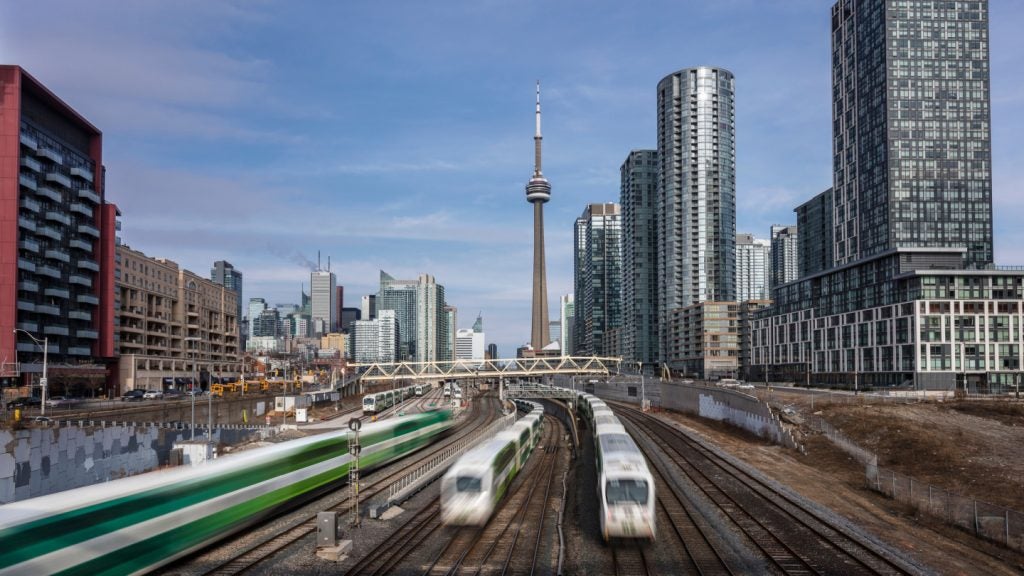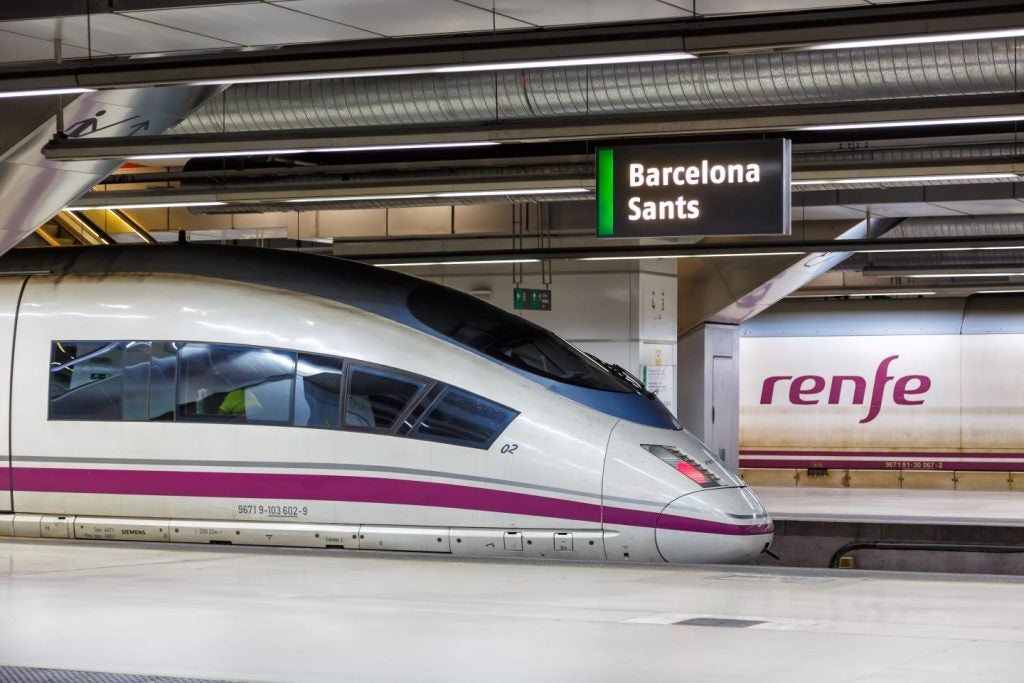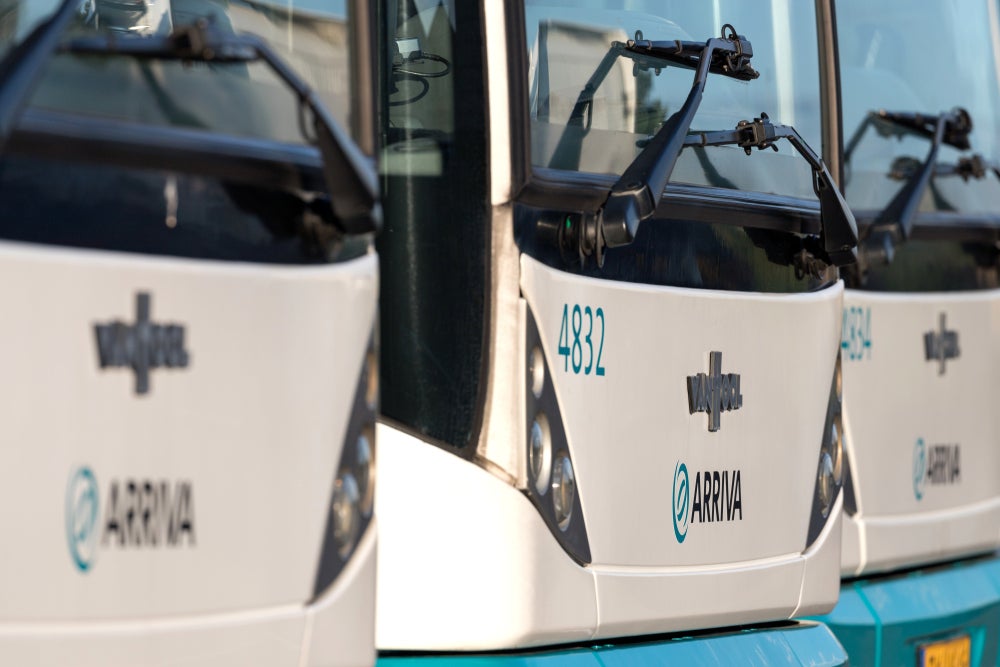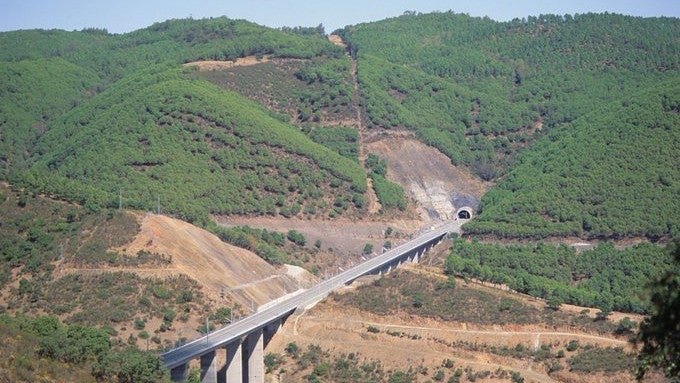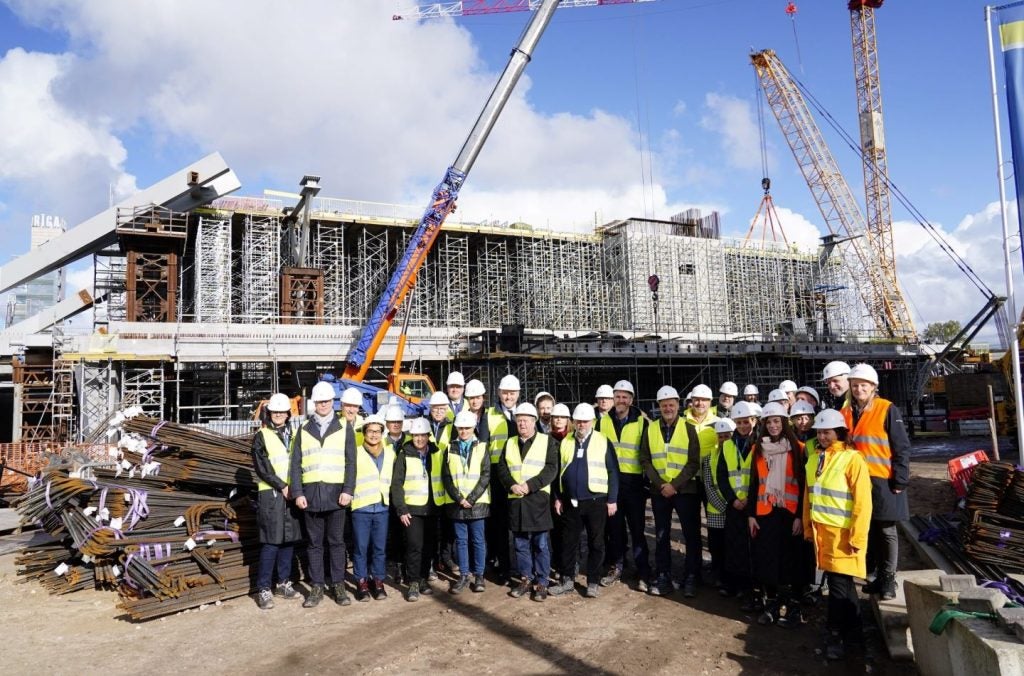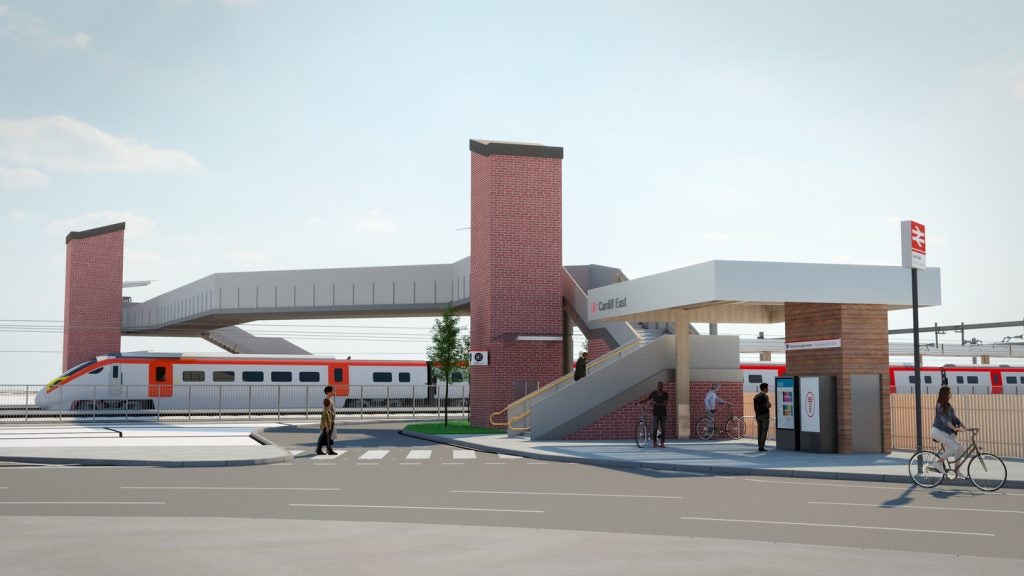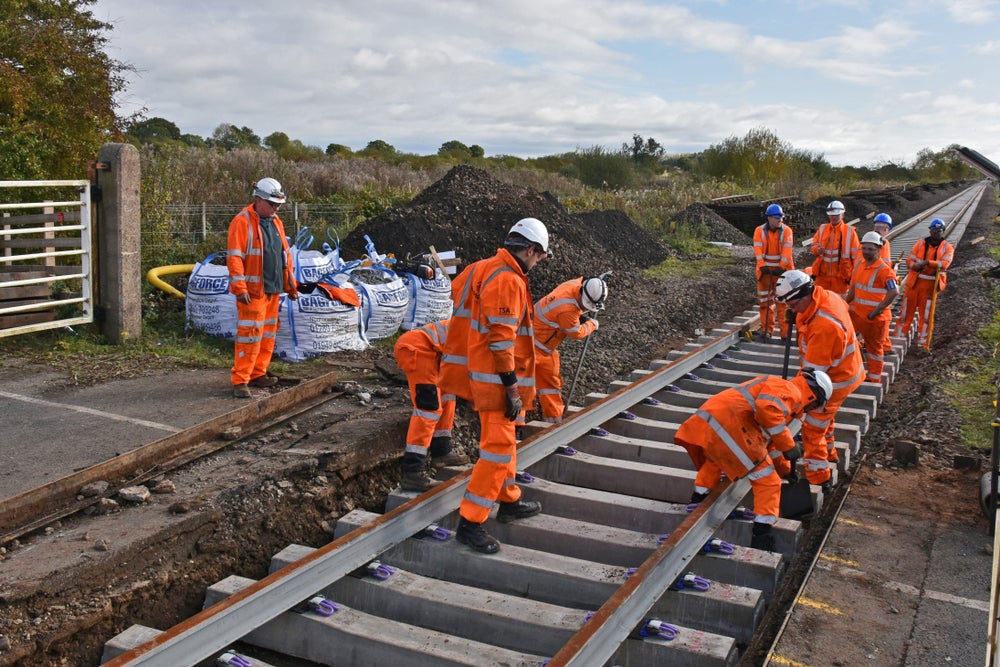Canada’s Minister for Transport Pablo Rodriguez has moved forward with plans for the High Frequency Rail (HFR) project to build a new passenger rail line between Québec City and Toronto with the launch of the procurement process.
The Request for Proposals (RFP) process, which will be ongoing until the middle of 2024, is looking for a private developer to work on the “largest Canadian infrastructure project in generations” which will include trains that can reach speeds of up to 200 km/h, 40km/h faster than Canada’s passenger rail service’s existing trains, and high-speed segments of track for faster travel.
Rodriguez said the launch of the process marked a significant milestone: “In the future, more Canadians will choose to travel by rail because the HFR will lead to faster train journeys, more frequent departures and greener travel.
“I look forward to seeing how the teams participating in this process will approach the challenge of connecting communities, honouring Indigenous Reconciliation and improving travel in the Québec City to Toronto corridor.”
The beginning of the RFP process follows a previous Request for Qualifications process that closed in April 2023 and saw three bidding teams approved by the Canadian Government as qualified to respond to the RFP.
Those three successful teams included Cadence, a partnership between CDPQ Infra, SNC Lavalin, Systra Canada and Keolis Canada as well as QCONNEXION RAIL Partners, consisting of Fengate, John Laign, Bechtel, WSP and Deutsche Bahn.
The other group to pass the RFQ process was Intercity Rail Developers, a bid made up of Intercity Development Partners, Kilmer Transportation, First Rail Holdings, Jacobs, Hatch, CIMA+, RATP Dev Canada, First Group and Renfe Operadora.
HFR was first put forward by Canada’s rail crown corporation VIA Rail in 2016, with work beginning to prepare for the procurement process in July 2021, when the government focused on engaging with Indigenous Peoples, the private sector and partner railways before moving forward and establishing the VIA Rail subsidiary VIA HFR to work on the project.
Martin Imbleau, CEO of VIA HFR – VIA TGF, said: “This transformative project is about connecting people and places in Canada’s most densely populated corridor. Our team is committed to making passenger rail travel more flexible.
“By moving passenger trains onto their own dedicated tracks, we’ll offer faster, more frequent trains that arrive reliably on time. Our service will help reduce greenhouse gas emissions from the transportation sector.”
HFR is just one of a number of projects in progress in Canada looking to upgrade rail networks in the country, including the Réseau express métropolitain metro network in Montreal, which recently opened its first 17km segment and is set to become the world’s largest automated transport system, according to the Canadian Government.


